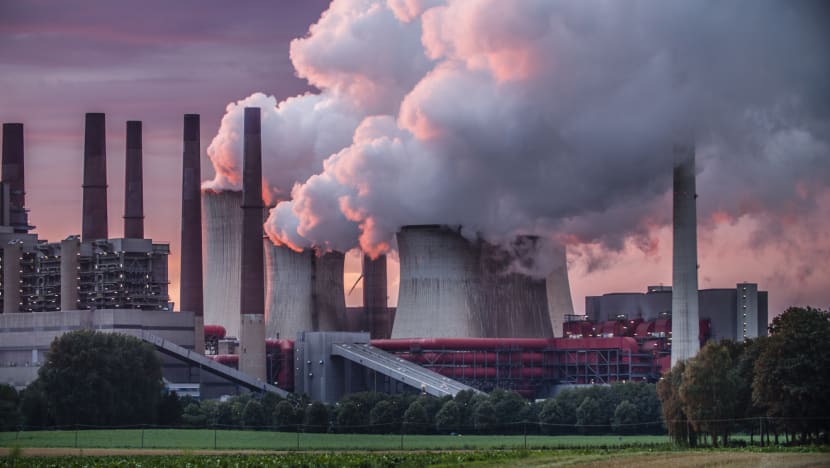Scientists release 'dire warning' about climate change inaction in latest IPCC report

The latest report from leading climate scientists focuses on the impacts of climate change on nature and people around the globe (Photo: iStock/Schroptschop)
BANGKOK: The world is on track to be impacted by unavoidable multiple climate hazards over the next two decades, as human-induced global warming pushes people and ecosystems to the brink of being unable to adapt, according to the latest report by leading climate scientists.
The second instalment of the Sixth Assessment Report by the Intergovernmental Panel on Climate Change (IPCC) - released on Monday (Feb 28) - finds that irreversible climate impacts are happening faster and with greater intensity than ever before. It underlines the need for more urgent action to mitigate and adapt to a hotter planet.
“This report is a dire warning about the consequences of inaction,” Professor Hoesung Lee, chair of the IPCC, said in a press statement.
“It shows that climate change is a grave and mounting threat to our wellbeing and a healthy planet. Our actions today will shape how people adapt and nature responds to increasing climate risks.”
This report builds upon the findings released by the IPCC in August last year, with an increased focus on the impacts of climate change on nature and people around the globe. It also presents options to reduce climate risks, with a strong emphasis on strengthening nature.
Last year’s report found that global warming is virtually certain to pass 1.5 degrees Celsius, probably within a decade.
If global temperature rise hits 2 degrees Celsius above pre-industrial levels, the latest report concludes that climate resilient development will be nearly impossible in some regions.
As temperatures rise, Asia will be exposed to the increased likelihood of heat waves and floods in the monsoon regions of Southeast Asia, which will have cascading impacts on food availability and the prices of food.
There is a high confidence that worsening climate change will cause biodiversity and habitat loss, including coral reefs, tidal marshes and other marine and coastal ecosystems across the region.
At the same time, human health risks will increase in Asia, the report states. Climate change is increasing water and vector-borne diseases as well as undernutrition, mental disorders and allergic diseases.
As rain and heat intensifies, diseases like dengue fever and malaria will flourish and more vulnerable people living in dense cities will die from heat-related causes.
Internal displacement is also identified as an escalating climate risk - in 2019 in Southeast and East Asia, cyclones, floods, and typhoons triggered internal displacement of 9.6 million people, about a third of the world’s total for that year.
In response, when it comes to governments’ decision making, climate risks, vulnerability and adaptation measures must be taken into account, scientists agree.
For this region, the report presents climate-smart agriculture, ecosystem-based disaster risk reduction and investments in urban blue-green infrastructure - those that utilise natural resources like rivers, canals, trees and parks - as opportunities.
“Together, growing urbanisation and climate change create complex risks, especially for those cities that already experience poorly planned urban growth, high levels of poverty and unemployment, and a lack of basic services,” Professor Debra Roberts, the IPCC Working Group II Co-Chair, said in a statement.
“But cities also provide opportunities for climate action – green buildings, reliable supplies of clean water and renewable energy, and sustainable transport systems that connect urban and rural areas can all lead to a more inclusive, fairer society,” she said.















